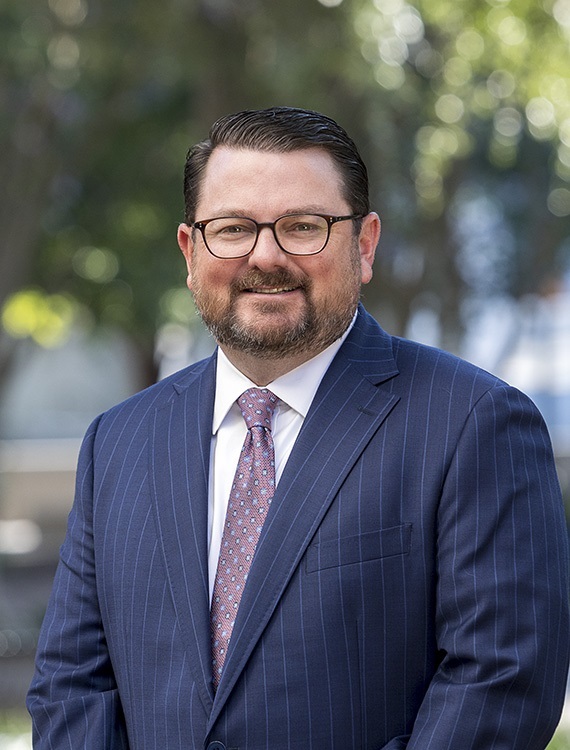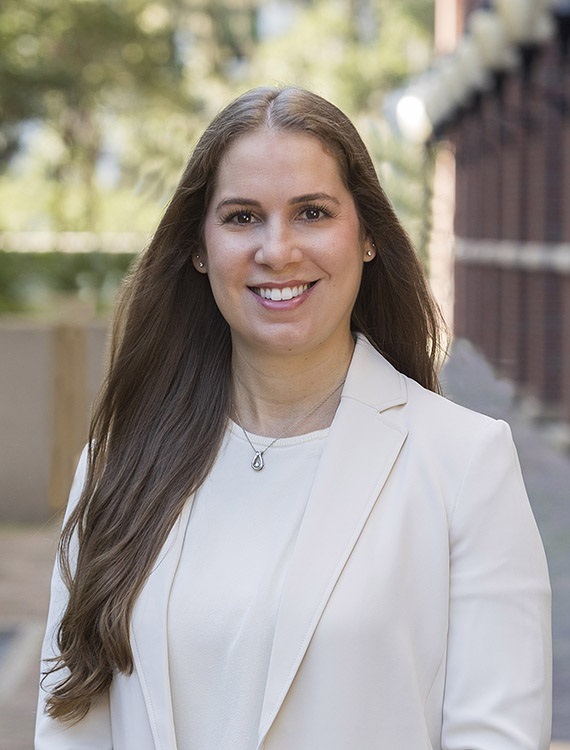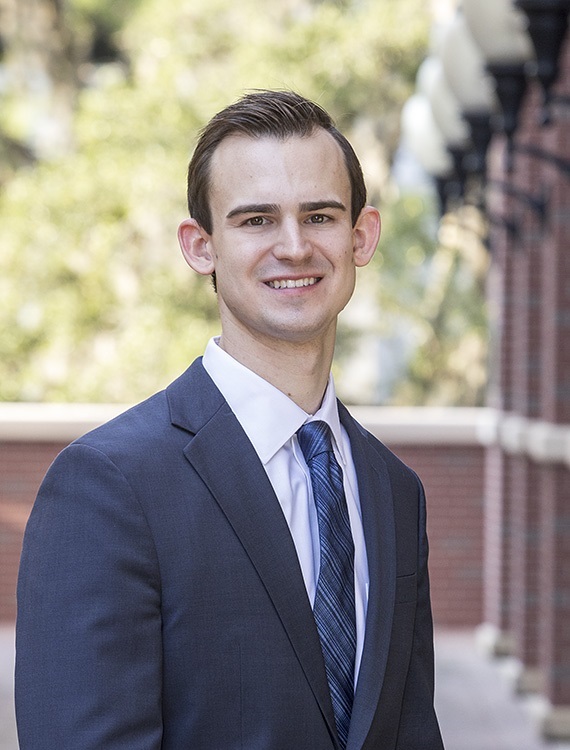Citizens’ rates are rising, with or without legislation
By SHANNON COLAVECCHIO
Herald Tallahassee Bureau
TALLAHASSEE — Homeowners covered by the state-run Citizens Insurance Corp. could see their rates rise by as much as 5 percent a year, under legislation approved 34-2 by the Senate.
That’s the best-case scenario for homeowners. The House bill, passed late Friday, would allow individual policy rates to rise by up to 20 percent a year.
The House is expected to consider the Senate proposal today and accept a 10 percent increase. But if House members refuse to accept it, the bill could die altogether.
In that case, the three-year freeze on Citizens’ rates would expire, and Citizens is likely to seek rate hikes of as much as 40 to 55 percent.
“We froze these rates and they’re inadequate now,” said bill sponsor Sen. Garrett Richter, R-Naples. “We dug ourselves a hole. Members, how deep do we dig? It’s time we glide-path these rates to an actuarially sound level.”
The Senate and House proposals (SB1950, HB1495) have common goals: reduce Florida’s hurricane exposure and economic risk by boosting cash assets, and decrease financial liability in Florida’s Hurricane Catastrophe Fund. The fund is roughly $13 billion short of what would be needed to cover devastating property damage likely to come from “the big one,” thanks in part to the global recession and tightened credit markets.
By gradually letting Citizens’ rates rise, lawmakers hope the additional revenue will boost the state’s cash reserves and reduce the need for bonds. Citizens’ rates have been frozen since 2007.
Richter originally proposed an annual maximum hike of 10 percent, but Tampa Bay area Sen. Mike Fasano persuaded the chamber to limit it to 5 percent. Florida families are hurting financially, Fasano said, and should be protected from additional expenses as much as possible.
“I appreciate what Sen. Richter is trying to do, but I don’t believe any homeowner can afford to pay any more increases,” said Fasano, R-New Port Richey. Sens. Rudy Garcia, R-Hialeah, and Eleanor Sobel, D-Hollywood, voted against the bill.
Gov. Charlie Crist said Tuesday that he prefers the 5 percent annual increase, given the financial hardships already faced by Florida families. He praised Fasano for leading the charge.
“Obviously, when you’re in a tough economy, and there’s less of an increase, that’s better for people,” said Crist, holding up a picture of Fasano.
The legislation also encourages Citizens’ policyholders to strengthen their homes against storms through the My Safe Florida Home grant program. Ten percent of the revenue from increased premiums will go into My Safe Florida Home for grants for Citizens policyholders who want to harden their homes.
The bill also gradually gets Florida out of the business of providing private insurance companies with cheap reinsurance (basically insurance that insurers buy to protect themselves against losses).
That reinsurance known as the TICL, or temporary increase in coverage limit has the state on the hook for $12 billion right now if a big storm hits. State officials admit they do not have that money on hand. Lawmakers joked that it is “illusionary insurance.”
“That could be on record as one of the biggest Ponzi schemes we’ve ever had,” said Rep. Bryan Nelson, R-Apopka, sponsor of the House bill.
HB1495 passed the chamber 75-33 Friday night, with opponents worried about imposing more expensive premiums.
Like a handful of senators, some representatives wanted to simply extend the 2007 rate freeze on Citizens.
The House bill limits statewide average hikes to 10 percent, but allows for annual increases of up to 20 percent for any individual policyholder.
“I’m voting no on this bill because I don’t want to hurt families,” said Rep. Mary Brandeburg, D-West Palm Beach. “Passing this bill will be like stomping on Floridians when they’re already down.”
Rep. Alan Hays, R-Umatilla, countered that lawmakers would be irresponsible for not addressing the state’s hurricane risk and financial vulnerability.
“We are one storm away from bankrupting this state,” Hays said. “I don’t like paying higher rates, either, but we’ve got to do it.”
Staff writer Amy Hollyfield contributed to this report.
Shannon Colavecchio can be reached at scolavecchiosptimes.com or (850) 224-7263.












